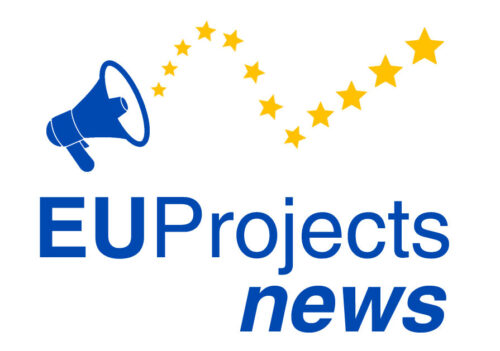
Digi.muse is a project co-funded by the Erasmus+ programme of the European Commission, involving 3 institutions from Italy, Belgium and Spain.
The project targets small museums, which play a fundamental role in formal and non-formal education; moreover, their role is a priority for concrete integration actions, thanks to the link they have with the territory and the community, and thanks to their capacity to welcome and offer original experiences to visitors.
Digi.muse aims to identify the digital solutions used at European level to exploit the potential of the target group. For this reason, we have created a handbook of good practices and a matrix on museums and the digital tools they use to promote their interactive offer and so that other museums can find inspiration and examples to digitise their artistic and cultural offer.
Among the European museums identified is the Centro Interpretativo da Historia do Bacalhau in Lisbon, which we visited to see all the digital solutions that they have implemented, i.e: the reproduction of animations and videos on supports such as a giant book, a boat, a table where utensils and food appear thanks to beautiful animations; a kitchen with digital tools to play with, such as the fridge or the glass-ceramic hob; there are portholes where they reproduce the interviews with some sailors and, finally, the creation of a sensory room that reproduces the navigation through the waves of the sea, everything seems realistic thanks to the low temperatures, the stormy sea reproduced on the walls and the little boat in movement where the visitor can sit and the mackintosh that can be put on.
The visit to the Centro Interpretativo da Historia do Bacalhau in Lisbon was interesting and enriching, especially thanks to the work done in the framework of the Digi.muse project.
For more information on the project, to consult and download the good practice manual and the matrix we have produced, please consult the following website https://www.internetwebsolutions.es/digimuse_es.php







